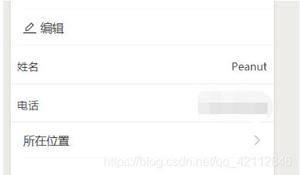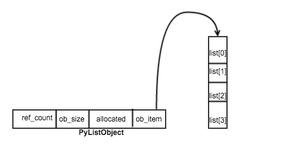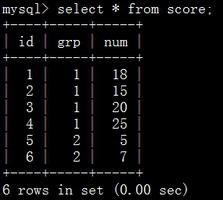Python中的布尔列表初始化
在某些情况下,我们需要获取仅包含布尔值(如true和false)的列表。在本文中,如何创建仅包含布尔值的列表。
有范围
我们使用范围函数给它,这就是我们想要的值的数量。使用for循环,我们根据需要分配true或false今日列表。
示例
res = [True for i in range(6)]# Result
print("The list with binary elements is : \n" ,res)
输出结果
运行上面的代码给我们以下结果-
The list with binary elements is :[True, True, True, True, True, True]
带*运算符
*运算符可以重复相同的值所需的次数。我们用它来创建一个带有布尔值的列表。
示例
res = [False] * 6# Result
print("The list with binary elements is : \n" ,res)
输出结果
运行上面的代码给我们以下结果-
The list with binary elements is :[False, False, False, False, False, False]
与字节数组
我们还可以使用字节数组函数,该函数将给我们0作为默认值。
示例
res = list(bytearray(5))# Result
print("The list with binary elements is : \n" ,res)
输出结果
运行上面的代码给我们以下结果-
The list with binary elements is :[0, 0, 0, 0, 0]
以上是 Python中的布尔列表初始化 的全部内容, 来源链接: utcz.com/z/316854.html





